Guide To Electric Saws Used In Woodworking
May. 24, 2024
Woodworking is an art that requires the right tools to bring your creative visions to life. One of the most essential tools in a woodworker's arsenal is the electric saw. Electric saws come in various types, each designed for specific tasks. In this guide, we will explore the different types of electric saws used in woodworking and provide valuable insights on how to use them effectively.
1. Circular Saw
The
circular saw is a versatile tool, ideal for making straight cuts in various types of wood. It features a circular blade that spins rapidly, allowing you to cut through wood with precision. This saw is commonly used for crosscuts, rip cuts, and bevel cuts. It's essential for both beginners and experienced woodworkers.
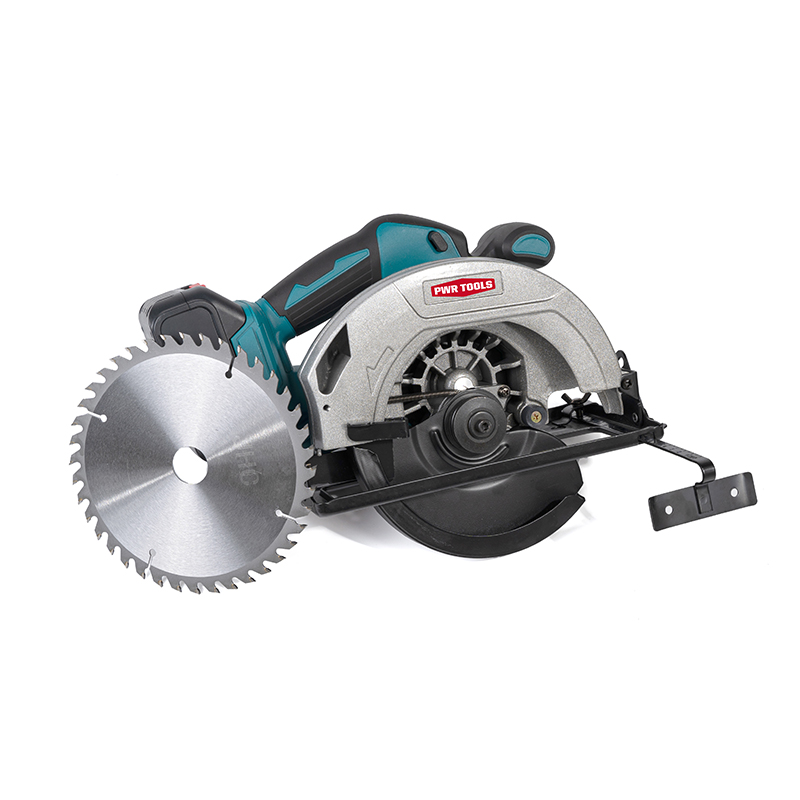
2. Jig Saw
A jig saw is perfect for intricate and curved cuts. It has a narrow, reciprocating blade that moves up and down. Woodworkers use jigsaws to create intricate patterns, curves, and shapes. It's a must-have for crafting and detailed woodworking projects.
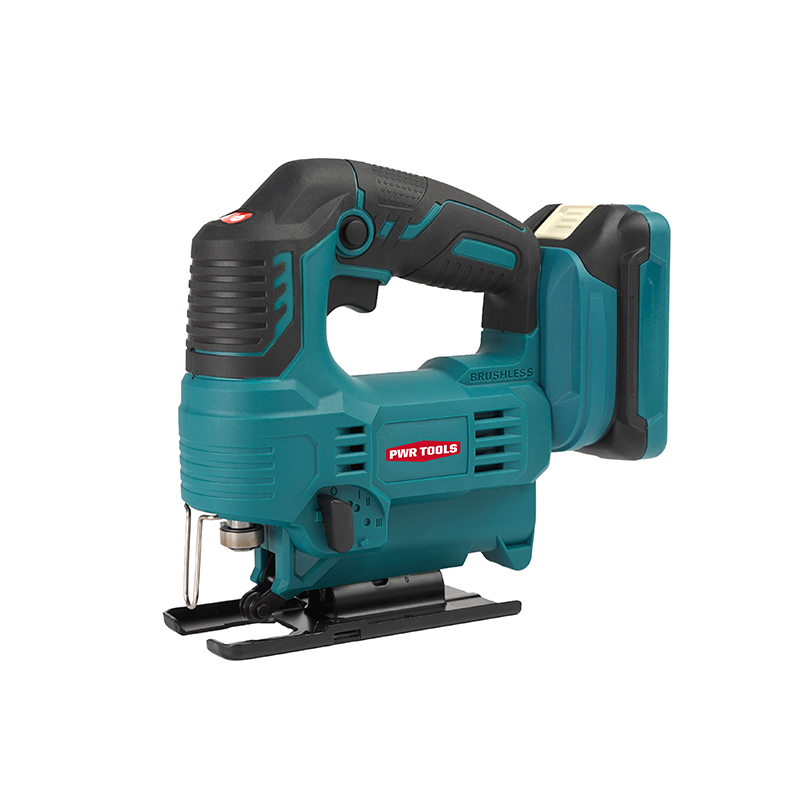
3. Chop Saw
A chop saw is a cutting tool that does one thing: It crosscuts (cuts across the width) lengths of wood or metal into shorter pieces. It doesn’t cut angles, bevels or curves, and it doesn’t do rip cuts (cuts along the length).
The cutting area consists of a table with a fence in the back to support the material being cut and a device for clamping the material being cut. The cutting part itself is a circular saw mounted on a stand that extends up about a foot from the middle of the table and pivots up and down.
To make a cut, the user grips the handle on the top of the saw, pushes the trigger to start it, and lowers the blade into the material. The saw automatically returns to its original position when the cut is completed and the user releases the handle.
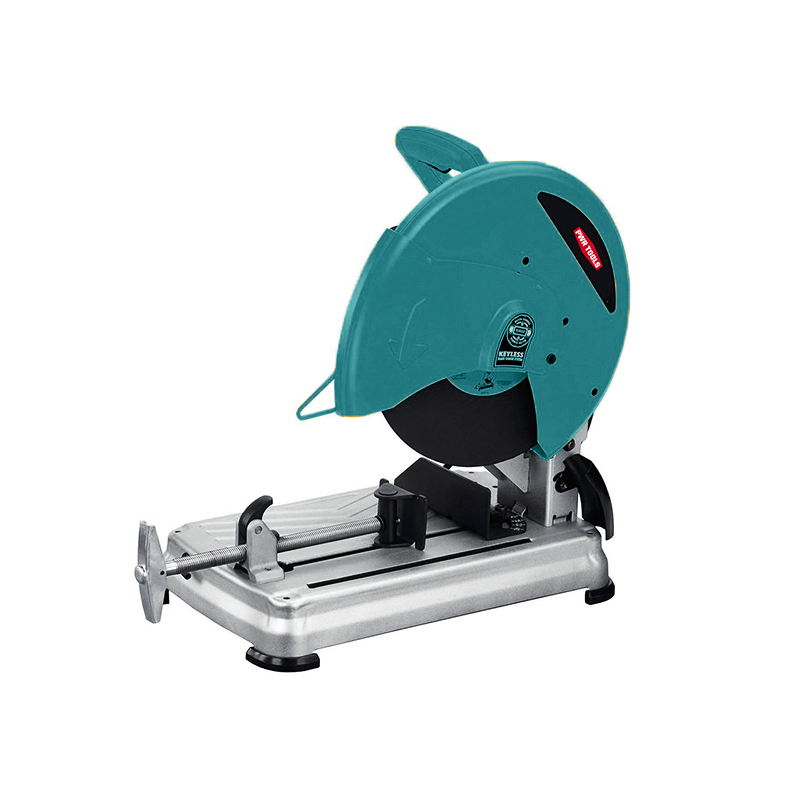
4. Miter Saw
A miter saw resembles a chop saw, with one key difference: The stand holding the miter saw can pivot left and right, usually to a maximum angle of 45 degrees.
The front of a miter saw table is rounded — not square like a chop saw table — and it’s marked with an angle gauge. The handle used to rotate the saw extends from the front of the table, and a locking mechanism prevents the saw from moving once you’ve selected the angle.
A compound miter saw has an added feature: It rotates on a horizontal axis parallel to the table and locks onto a selected angle. This allows you to make bevel cuts, i.e. cuts at angles other than 90 degrees in the vertical plane. Some compound miter saws are mounted on a horizontal track, allowing the user to slide the saw back and forth to cut wide pieces of wood.
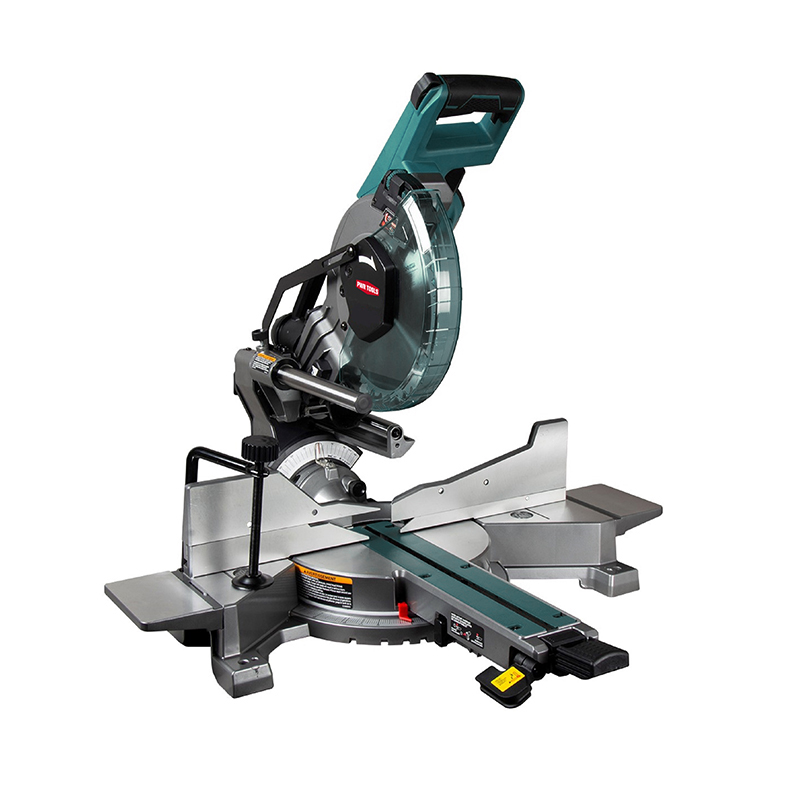
5. Table Saw
The table saw is a stationary tool with a flat, circular blade protruding from the table's surface. It's excellent for making long, straight cuts and is often used for ripping large sheets of plywood or hardwood. Safety precautions are crucial when operating a table saw due to its power and potential risks.
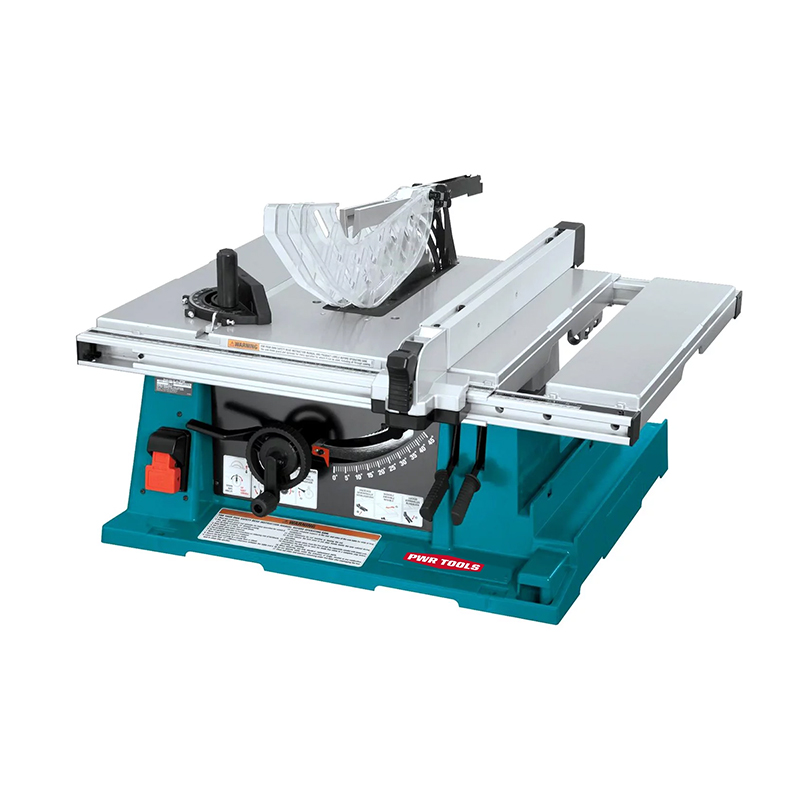
6. Reciprocating Saw
For rough cutting and demolition work, the reciprocating saw is the tool of choice. It features a blade that moves back and forth, making it suitable for cutting through materials like wood, metal, and plastic. This saw is perfect for tasks that require quick and aggressive
260
0
0
Previous: None
Next: None


Comments
All Comments (0)